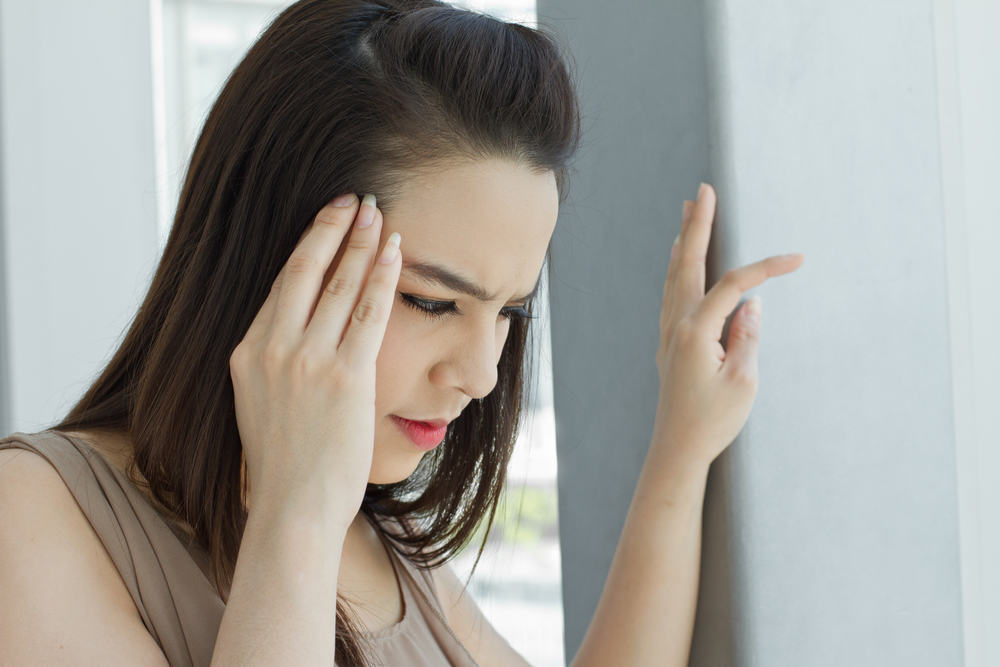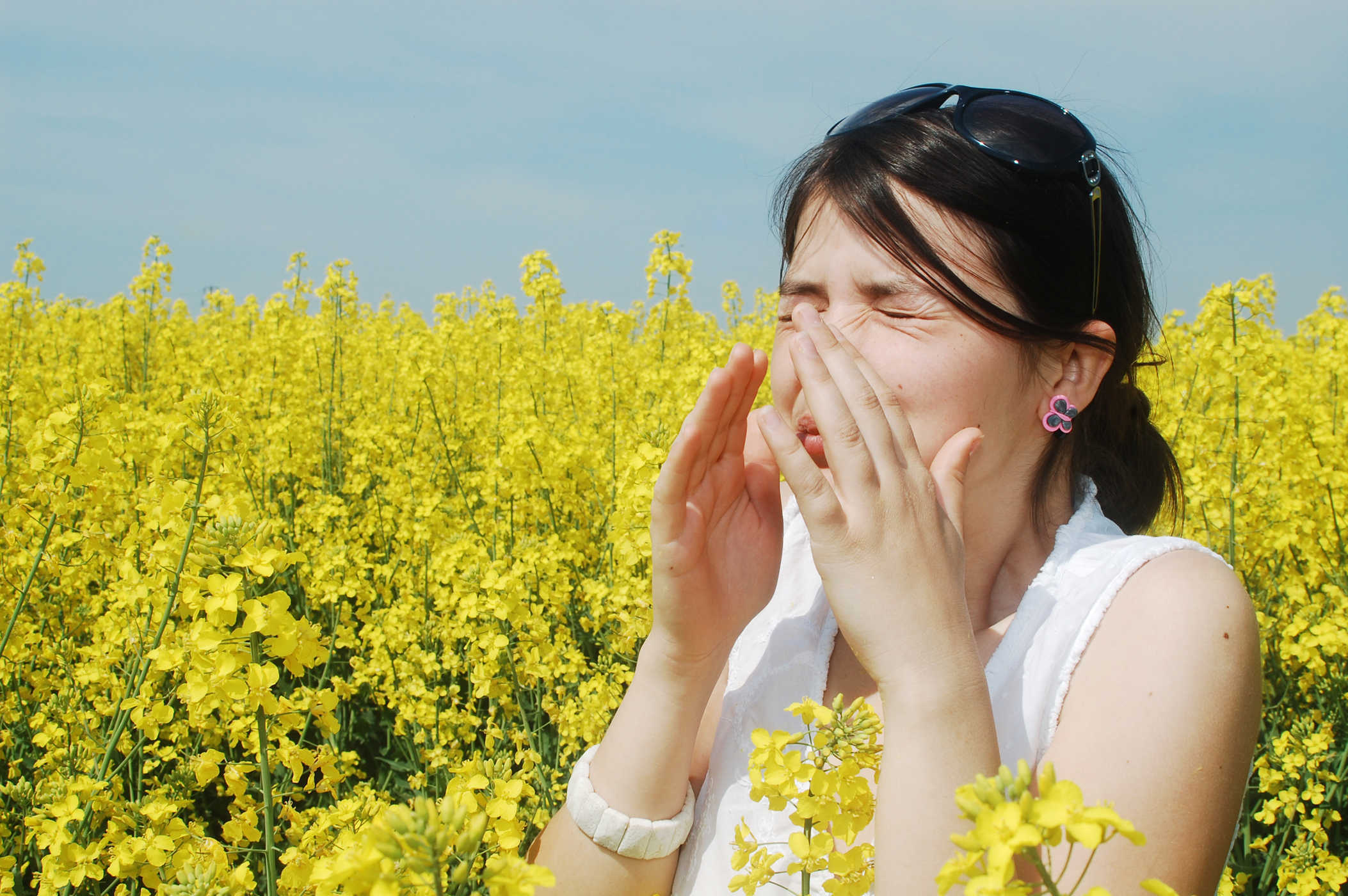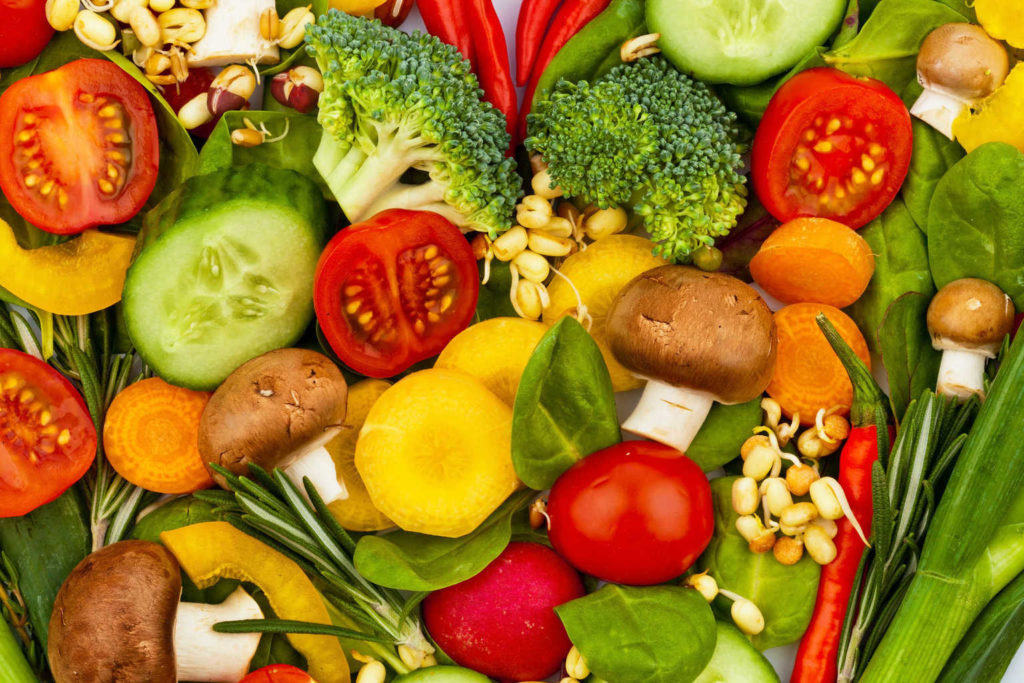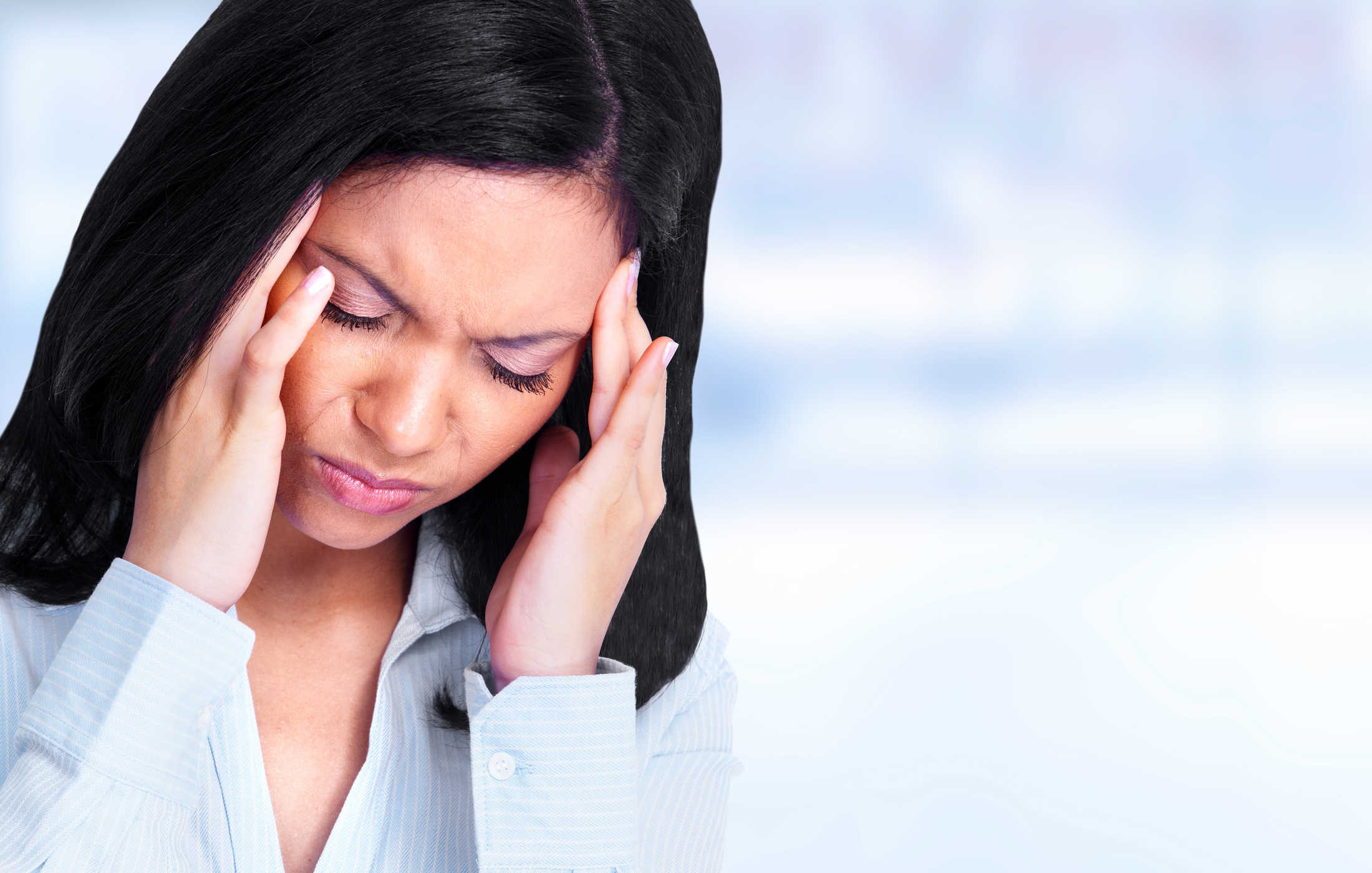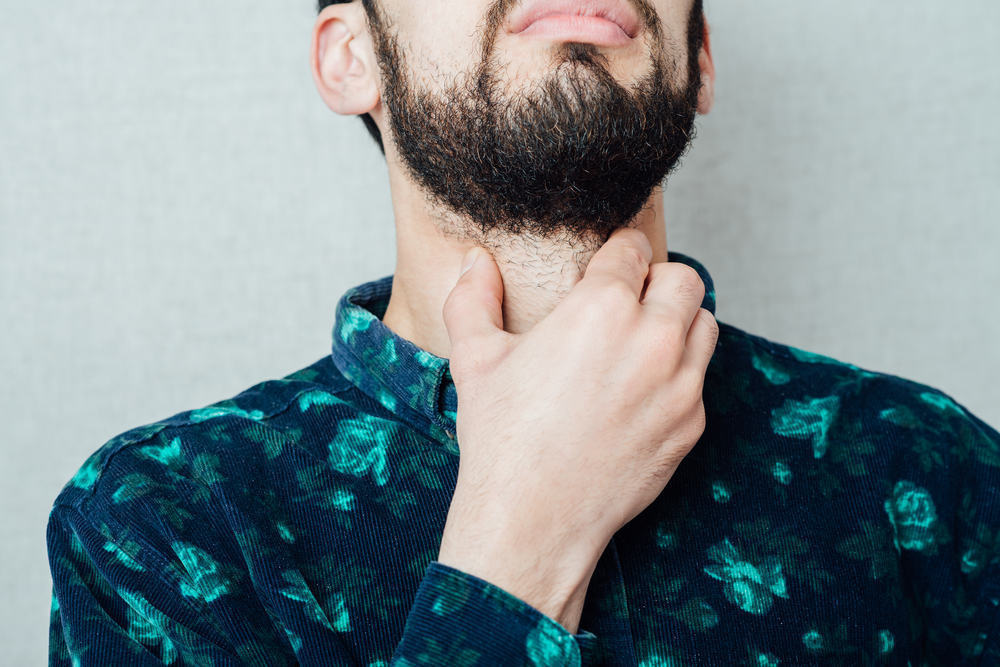Contents:
- Medical Video: Food allergy | Signs and Symptoms of Food Allergy in Baby
- Can babies get ASI allergies?
- What foods should mothers avoid when breastfeeding?
Medical Video: Food allergy | Signs and Symptoms of Food Allergy in Baby
Breast milk is the main food source for babies who can support their growth and development. But sometimes, some babies can experience a red rash, spit up, or flatulence after drinking mother's milk.These symptoms are similar to the symptoms of cow's milk allergy. Then, is it true that babies can be allergic to ASI?
Can babies get ASI allergies?
Quoted from Livestrong, ASI itself cannot cause allergies. However, what mothers eat everyday can be channeled into breast milk so that it can trigger allergic symptoms in children. This may occur when maternal food intake contains a lot of milk protein, for example from milk or other milk derivative products (cheese, yogurt, butter, etc.).
This milk protein causes milk cow allergy to breastfed babies. Usually, protein in cow's milk and other milk-based products can cause 2 to 3 percent of allergies in infants.Allergies in babies are usually characterized by abdominal pain or flatulence, diarrhea, and rashes around the mouth or other skin parts.
Not only milk is actually what can cause babies to be allergic to breast milk. Other foods such as fish, shrimp, nuts can also be the cause of babies allergic to the content of breast milk. Symptoms usually appear after 2 to 6 hours the mother eats these foods and gives breast milk to her baby.
But this will not be a problem if the mother does not have a history of food allergies, so the mother does not need to avoid consuming it. Still, it would be better if you observe any changes that a baby might experience after breastfeeding and pay more attention to what you eat everyday.
What foods should mothers avoid when breastfeeding?
If indeed the baby shows symptoms of allergies during breastfeeding, it does not mean you have to stop breastfeeding for him.It is also not recommended to immediately replace breast milk with formula milk, because it will reduce the nutritional intake that your baby receives.
It's best to avoid foods that can trigger allergies in children when you are breastfeeding. The following are some foods that mothers should avoid when breastfeeding:
- Caffeinated food, such as coffee, tea and chocolate. We recommend that you limit your drink to caffeine containing no more than 2 or 3 glasses a day. Caffeine in breast milk can interfere with baby's sleep.
- Alcohol. Alcohol is not good in breast milk because it can affect the development of the baby's nerves and brain. It is better to avoid drinking alcoholic beverages. If the mother drinks alcohol, it's best not to give milk to the baby until the alcohol content in the body and breast milk is completely gone. Pumping the milk out does not help the alcohol content in the milk disappear quickly.
- High-grade fish. Fish or seafood is a good source of protein and omega-3 fatty acids for the body. However, some seafood contains mercury that is not good for the body. Seafood containing high mercury includes fish of king mackerel, swordfish, and tilefish. Tuna also has a mercury content but is not very high and you should limit tuna consumption to no more than 2 times per week. The high mercury content in these fish can contaminate breast milk and risk the development of the baby's brain.

